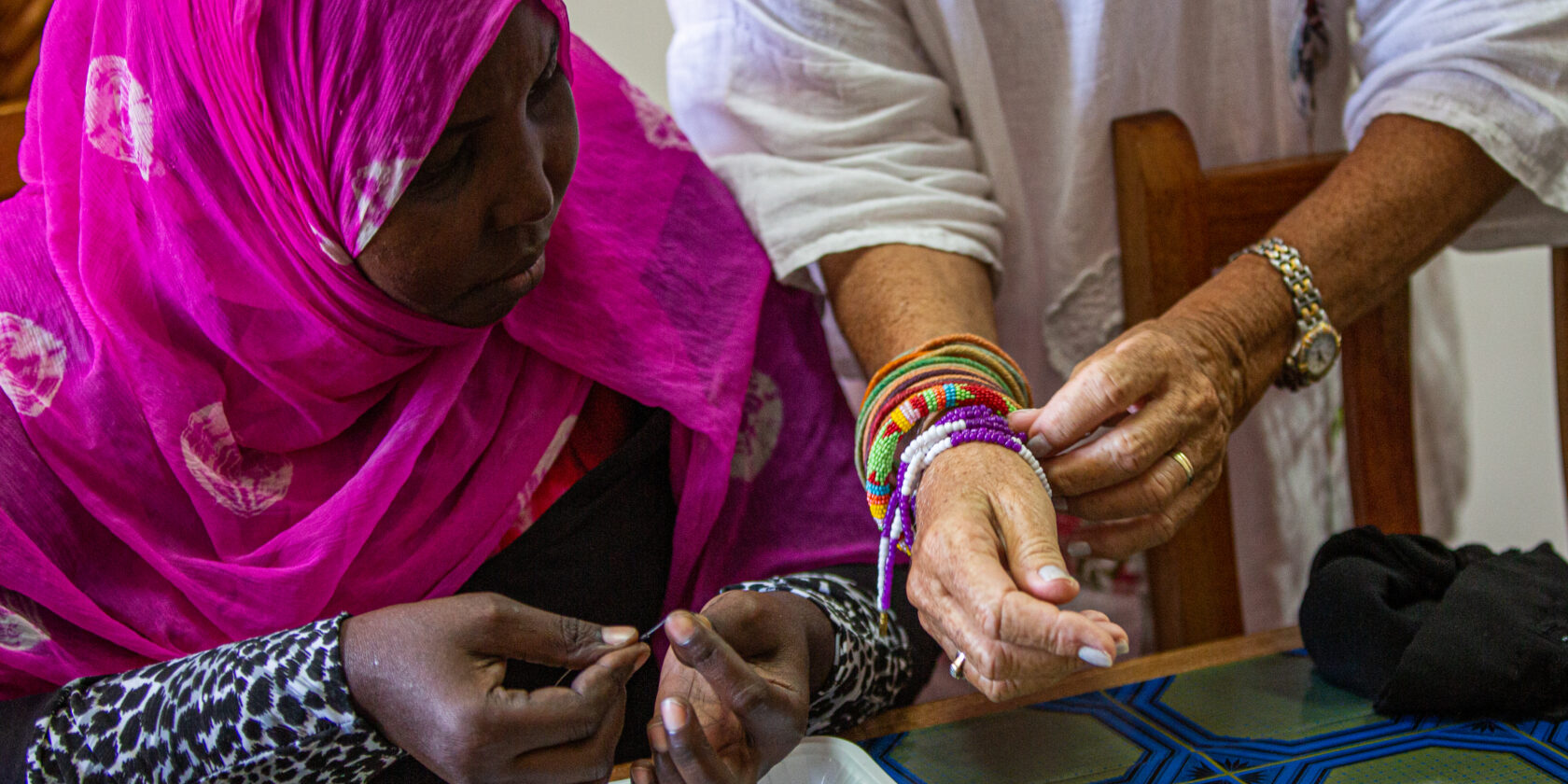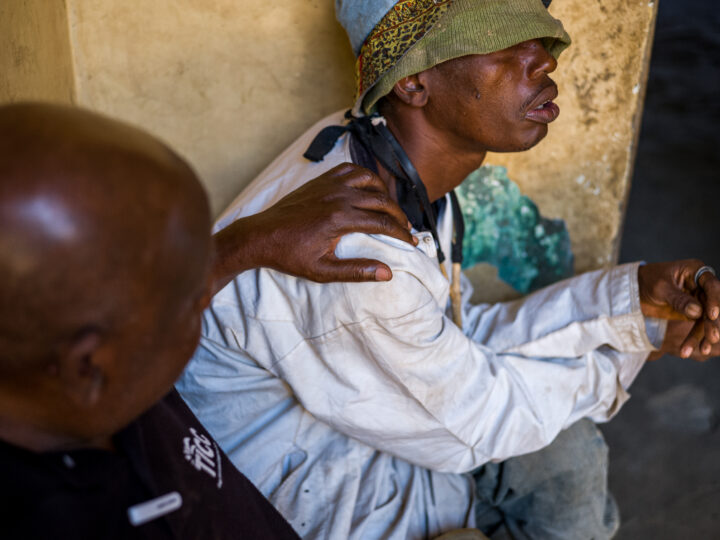
Mental Health
Counter stigma with proper mental health care
Mental Health is still a taboo subject for many people in Tanzania. The government has recently acknowledged the need for improved services for patients with mental illness and those with drug addiction, and they have taken some initiatives. Even so it is very difficult for those who suffer from mental illnesses to get necessary help, medication and follow- up by professional personnel.
58
Million people living in Tanzania
900
Beds for mental health patients in Tanzania
8
Psychiatric doctors

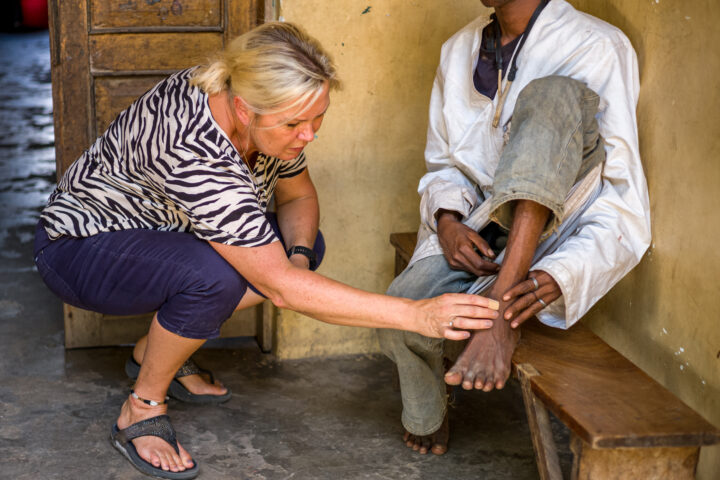
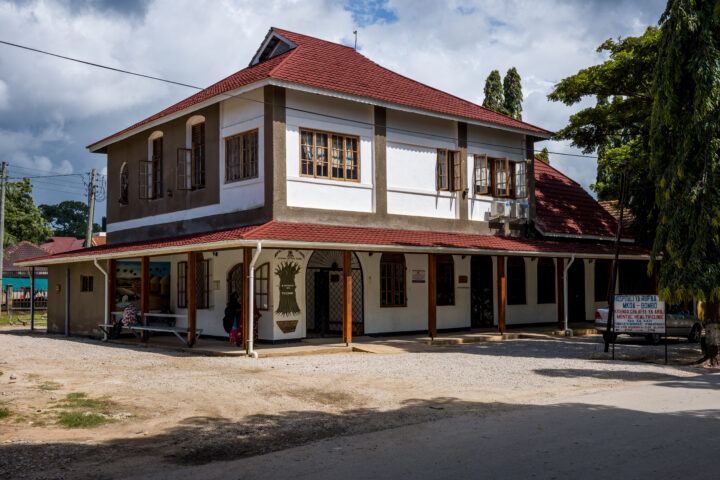
Mental House Recovery Centre
The Foundation Lovisenberg, one of TICC's investors, funded the rehabilitation of one of the oldest buildings at Tanga Regional Referral Hospital (TRRH), which we officially opened in April 2017.
Clinic and Home Visits
TICC started the first home based care program for people with mental illnesses in 2011. Is was done in collaboration with the Regional and Local Authorities, but limited to Tanga City. Later The Norwegian Foundation Psykopp gave us important training on how to establish Caretaker groups, and how the involvement of caretakers improves the well- being of the patient and the family. At the heart of this program are regular home visits that the psychiatric nurses makes to their 40-60 patients.
Meet Msami
Together we are creating lasting change in Tanga. Our local heroes work tirelessly every day with the community to educate, ease suffering and complete projects that together have a huge impact on the lives of the poorest in Tanzania.
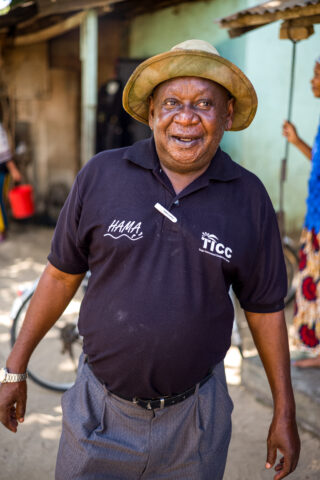
Mental health is one of the most powerful and valuable programs for students and volunteers to experience. Our local heroes are making a huge impact on the lives of those who have no hope or possible future. This program has been a pioneer in eastern- and southern Africa on its approach, and has served as a role model for other surrounding countries.
The Mental health program consists of the following activities; Home based visits and care, caretaker groups, free medication for those who cannot afford, Occupational Therapy for male and female patients, both at the Centre and at the Elderly Garden. At the Elderly Garden the psychiatric patients grow vegetables for the Elderly. "Farming for Health" we call it.
